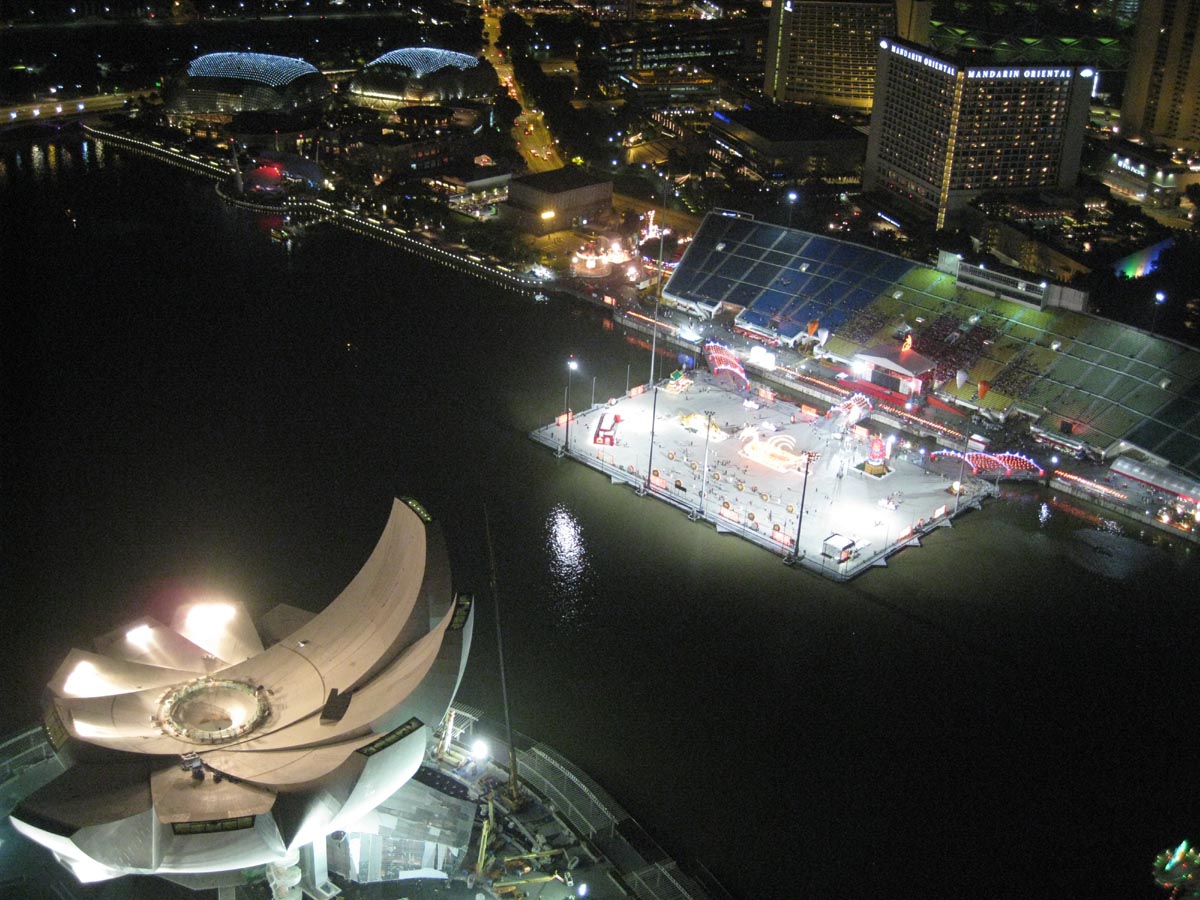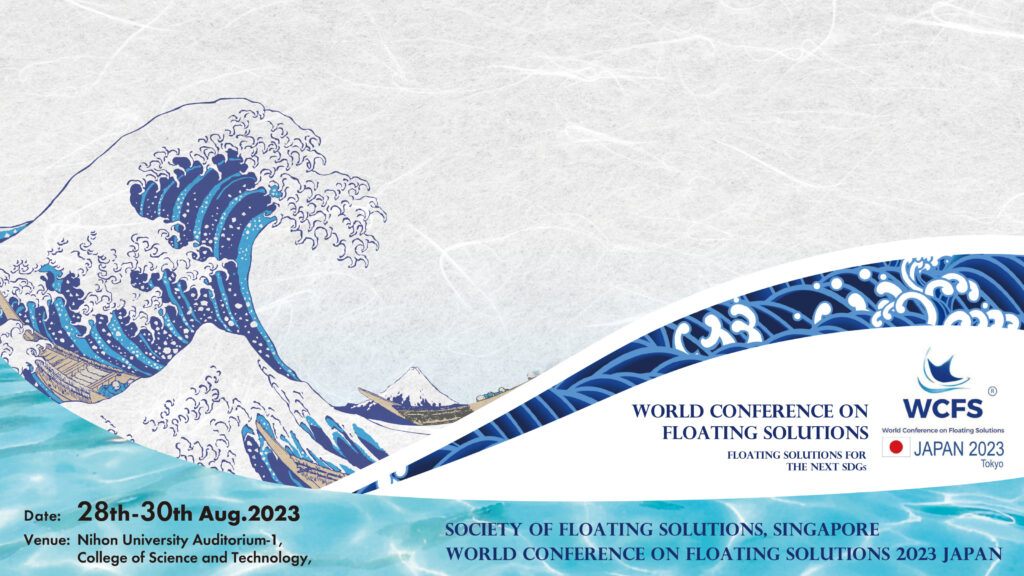
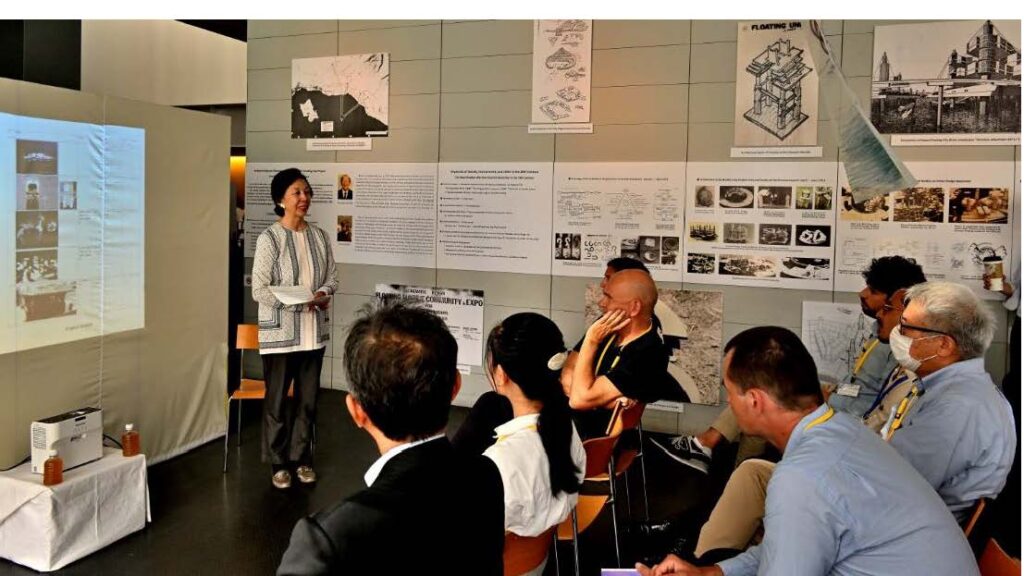
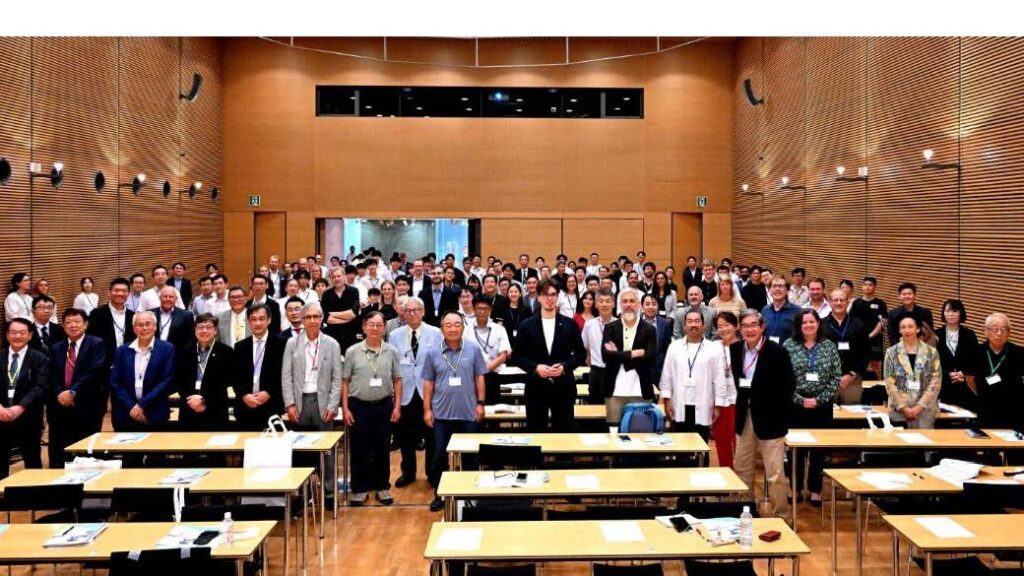
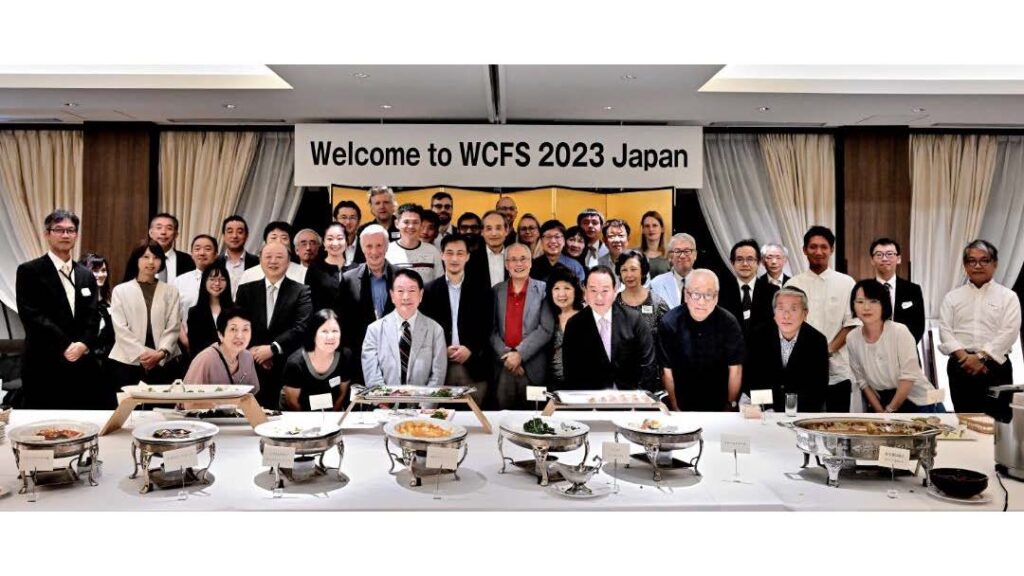
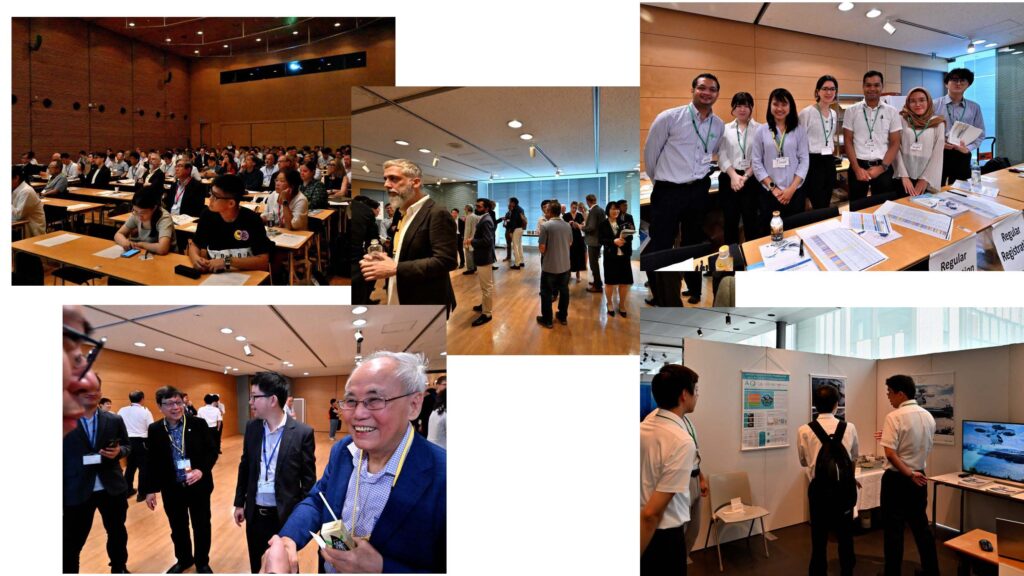
Background
In recent years, the safety and security of people’s lives around the world has been threatened by frequent floods and rising sea levels attributable to climate change. The COP 26 has set a common global goal of limiting the temperature rise to 1.5 degrees Celsius above pre-industrial levels. It is an urgent task to cope with climate change as well as to utilize decarbonized and renewable energy.
The UN is promoting the SDGs which aim to achieve 17 Goals between 2015 and 2030. However, efforts to reach the Goals will not end in 2030, but will be an ongoing challenge for humanity beyond 2030.
Here, we tentatively call the Goals to be achieved after the SDGs as “Next SDGs”.
WCFS2023 Japan aims to pioneer the SDGs and Next SDGs by making the most use of ocean and water. Ocean and water have the potential to provide solutions to the disasters such as flooding and sea level rise due to climate change. In this context, WCFS2023 Japan will position ocean and water as the urban infrastructure and will explore new technology and feasible solutions. In particular, it is necessary to consider urban planning, marine architecture, port planning connecting land and sea, disaster prevention, renewable energy and food production on the sea and water. Further, it is indispensable that knowledge, experience, dream and strong desire to realize these challenges are supported by a diversity of people.
Introduction
World Conference on Floating Solutions (WCFS) aims at providing solutions to mitigate challenges associated with climate change, population growth, renewable energy, food production, etc. by using floating technologies. The first conference was held in Singapore in 2019 by the “Society of Floating Solutions, Singapore (SFSS) ” and the second one in Rotterdam in 2020. We are delighted to announce the third conference, WCFS2023 Japan to be held in Tokyo under the theme of “Floating Solutions for the Next SDGs” as described below. We encourage you to join WCFS2023 Japan and exchange opinions together to make a step forward to realize sustainable society in the light of Floating Solutions.
Keynote Speakers
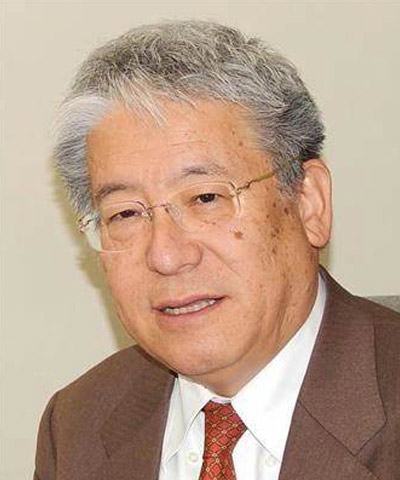
Takeshi Kinoshita
Professor Emeritus, the University of Tokyo
Prof. Takeshi KINOSHITA, graduated from the University of Tokyo of 1976, Doctor of Engineering, Naval Architecture and Ocean Engineering. Emeritus Professor at the University of Tokyo.
He had served as a professor at the Institute of Industrial Science, the University of Tokyo, a specially-appointed professor in the Department of Ocean Architecture and Engineering at the Faculty of Science and Technology, Nihon University, and the 19th and 20th President of Nagasaki Institute of Applied Sciences. He also served as the first chairman of the Ocean Energy Association-Japan.
His expertise lies in fluid dynamics and kinematics related to the motion of ships and marine structures, as well as the study of ocean energy, such as offshore wind power.
He promotes the utilization of marine renewable energy, which is considered the main energy resources in the future, from the perspective of global warming and national security of energy resources.
He conducts research on the social implementation of marine energy, considering the policy issues undertaken by the government, the strategic arrangement of infrastructure and supply chains by industries, and promotion measures to catch up with front runners such as Europe.
He has authored numerous books, including “Market Outlook and Development Trends of Marine Renewable Energy” (Science & Technology)
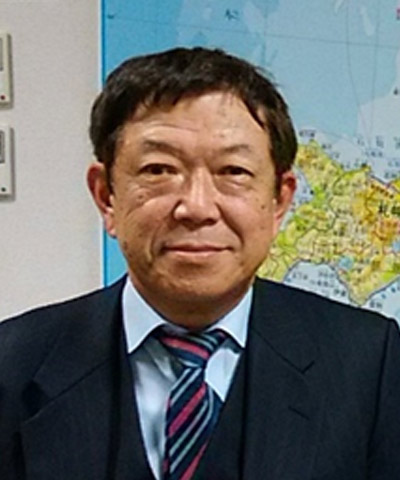
Toshio Nakajima
President of the Waterfront Real Estate Co., Ltd.
Dr. Toshio Nakajima, president of the Waterfront Real Estate Co., Ltd. has a unique professional background as the 1st Grade Registered Architect of Japan as well as an offshore engineer. He is a member of the Japan Society of Naval Architects and Ocean Engineers and the Tokyo Society of Architects and Building Engineers. He received the M.S degree from the Univ. of Hawaii, Dept. of Ocean Engineering in 1976 and the Dr.Eng. from the Univ. of Tokyo, Dept. of Naval Architecture in 1981. Besides his academic achievements, he has practiced in a diverse professional disciplines; an architectural designer at Kiyonori Kikutake Architects & Associates from 1977 to 1978; an offshore engineer for the research & development of semi-submersible type platforms at the Sumitomo Heavy Industries from 1981 to 1992. Further, driven by his passion for innovation on unsolved offshore structural challenges, he unraveled the dynamics of mooring line using the “lumped mass method” after which it has been used widely among practitioners as one of the standard design methodologies of mooring line. Since 1993, he worked for the RIKEN as an administrative senior official for 13 years and taught at the Tokyo Metropolitan University for 10 years. In the recent years, he has been energetically working on realization of soft-landed Sustainable Water City that is selected as one of the top 100 Must-Read Articles by Springer (2016).
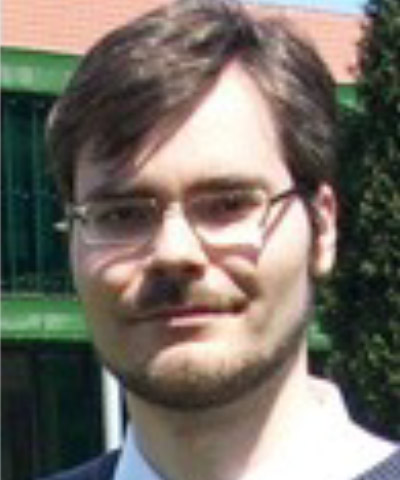
Stefan Huebner
Senior Researcher, the Asia Research Institute (ARI), National University of Singapore(NUS)
Dr. Stefan Huebner (Hübner) is a Senior Research Fellow at the Asia Research Institute (ARI) of the National University of Singapore (NUS). He is also an Associate of the Harvard University Asia Center, where he previously was Fulbright Scholar and SSRC Transregional Research Fellow. As a historian, his current focus is on the colonization and industrialization of the ocean since the early 20th century. His monograph on the topic will be published in 2025. An edited volume on “Oceanic Japan” is coming out with University of Hawai’i Press in 2024. His recent articles address the “sustainable floating city” project in Busan, South Korea, the origins of offshore oil drilling in Asia and North America, offshore rocket launch and landing platforms, and the long-term impacts of proposals from the 1950s-1970s to urbanize Tokyo Bay and Hawai’ian waters on present environmentalist thought.
He is Co-PI of the Singapore Social Science Research Council (SSRTG Type A) project on “Linking the Digital Humanities to Biodiversity History in Singapore and Southeast Asia.” Earlier, he was History and Public Policy Fellow at the Woodrow Wilson International Center for Scholars and postdoctoral/doctoral fellow at the German Historical Institute Washington, DC and the German Institute for Japanese Studies Tokyo.
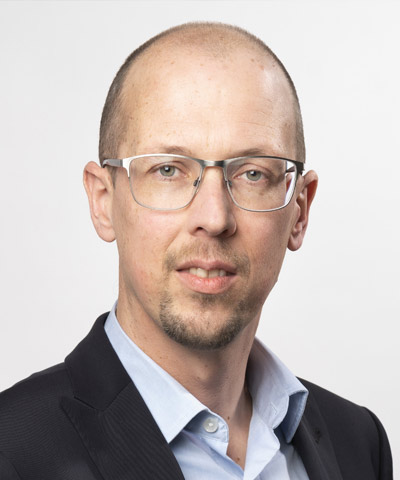
Rutger de Graaf-van Dinther
Entrepreneur and researcher, Blue 21
Mr. Rutger de Graaf-van Dinther is an entrepreneur and researcher with more than 15 years’ experience in climate resilient floating urban development. His mission is to provide floating city technology to hundreds of millions of people who are impacted by climate change and sea-level rise. This needs to happen during this century while achieving positive ecological and social impacts.
With his companies DeltaSync and Blue21, the first stepping stones towards this mission already have been achieved with iconic floating construction projects including the Floating Pavilion Rotterdam and Floating Ecohomes, Harnaschpolder Delft, the Netherlands. More recently, Blue21 was design and technology partner in realizing the Innozowa floating solar project in collaboration with TU Delft. Currently, Blue21 is working on upscaling and mainstreaming floating city technology from ‘proof of technology’ to ‘proof of scale’. This will establish an entirely new field of expertise called ‘maritime urbanism’ to enable the development of floating neighbourhoods and floating cities globally.
Trained as civil engineer with a MSc and PhD (both finished cum laude) of Delft University of Technology, he expanded his knowledge in various additional fields of expertise resulting in peer-reviewed scientific publications in the fields of technology, sustainability and social sciences. Rutger has been consultant to the Dutch Delta Programme, Topsector Water, City of Rotterdam and international clients including from the USA and various countries in Asia and Europe.
He has authored numerous books, including “Market Outlook and Development Trends of Marine Renewable Energy” (Science & Technology)
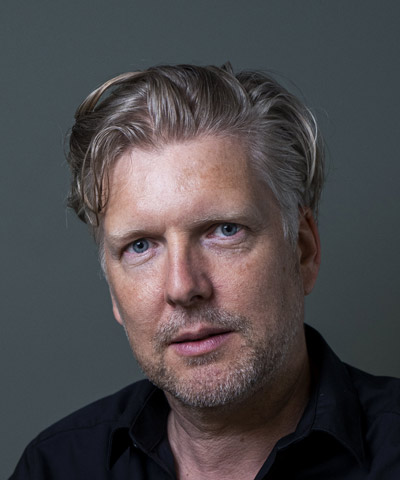
Koen Olthuis
Architect, Co-Founder of Waterstudio & Dutch Docklands
With his family roots in shipbuilding, architecture and engineering Dr. Koen Olthuis founded Waterstudio in 2003 as the first office 100% focused on floating architecture.
As a senior researcher Floating Cities and Delta Urbanism at the Delft University of Technology, he and his team is testing the strategies and options for The Netherlands to build on water as the next phase in the evolution of a country below sea level.
He advises governments and cities around the world on how to combat the effects of climate change and urbanisation. His signature work includes the Floating City in The Maldives, as well as floating parks, houses and theatre for canals, lakes and the open ocean.
Koen is the author of the book FLOAT! and City Apps, which highlight the possibilities for rich and poor communities and to build on water to improve the performance of cities near water.
Special Exhibition
Architect Kiyonori Kikutake and Dr. J. P. Craven’s Floating City Project
-Hawaii Floating City’76 and Other Endeavors –
In the WCFS 2023 Japan, a special exhibition of the historic endeavor on realization of the floating community concept will be presented that was carried out in cooperation with engineers, architects and practitioners. The historic attempt of the ‘Hawaii Floating City ’76 Concept stared in 1971. In order to realize the concept into realization, the State Government of Hawaii appointed a special team that was led by architect Kiyonori Kikutake and Dr. John P. Craven, system integrator & Dean of the Marine Program, Univ. of Hawaii. Intention of the special exhibition is to introduce significance of this historic challenge and other related endeavors to share treasured information with the conference participants hoping that it may stimulate realization of floating community.
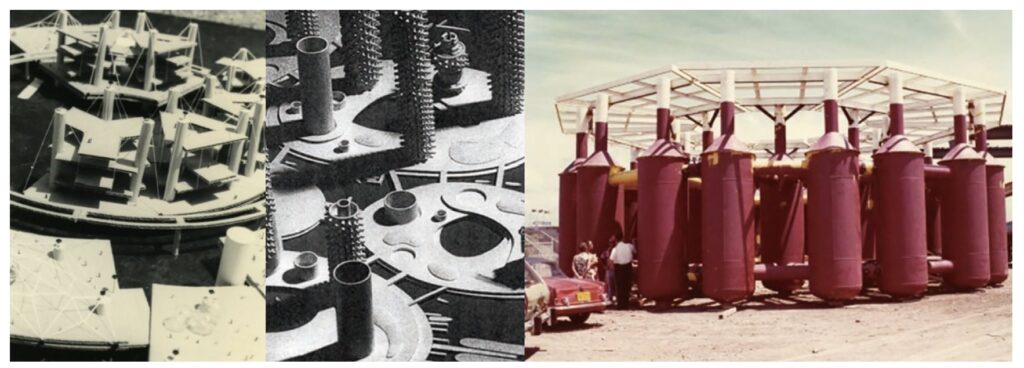
Conference Executive Committee
| Name | Affiliation |
|---|---|
| Shigeru Tabeta | Chair of Conference Executive Committee, WCFS2023 Japan Professor, the University of Tokyo |
| Tomoki Ikoma | Vice chair of Conference Executive Committee, WCFS2023 Japan Chair of Organizing Committee, WCFS2023 Japan Professor, Nihon University |
| Sam Tabuchi | Professor Emeritus, Toyo University Chair of UNECE PPP Working Party in Geneva |
| Hidekatsu Kikuchi | Executive Manager, Business Strategy and Promotion Department, Chodai Co., Ltd. |
| Motoko Imai | General Manager, New Business Innovation and Promotion Division, Chodai Co., Ltd. |
| Toshio Nakajima | CEO, Waterfront Real Estate Co., Ltd. |
| Yoshihiko Yamashita | Senior Adviser, Waterfront Real Estate Co., Ltd. |
| Yuki Yamashita (Secretariat) | Chief of Water City, Energy and Environment section, Chodai Co., Ltd. |
| Ikuo Yoshida (Secretariat) | Manager, Ocean Programs, Emerging Frontier Division, Shimizu Corporation |
| Donghee Ko (Secretariat) | Manager, Ocean Programs, Emerging Frontiers Division, Shimizu Corporation |
Organizing Committee
| Name | Affiliation |
|---|---|
| Tomoki Ikoma | Chair of Organizing Committee, WCFS2023 Japan Professor, Nihon University |
| Chikako Fujiyama | Professor, Yokohama National University |
| Daisuke Kitazawa | Professor, the University of Tokyo |
| Hideyuki Niizato | Technical Research Institute Hitachi Zosen |
| Jin Sasaki | Renewable Energy Engineer, Arup |
| Kazuhiro Iijima | Professor, Osaka University |
| Kenichi Fujita | Associate Professor, Nagasaki Institute of Applied Science |
| Mitsuhiro Masuda | Associate Professor, Tokyo University of Marine Science and Technology |
| Motohiko Murai | Professor, Yokohama National University, |
| Ryo Sugahara | Associate Professor, Nihon University |
| Shinichiro Hirabayashi | Associate Professor, the University of Tokyo |
| Takahide Terakuchi | Associate Professor, Nihon University |
| Takero Yoshida | Researcher, Japan Agency for Marine-Earth Science and Technology |
| Tomomi Kanemitsu | Institute of Technology Shimizu corporation |
| Yoshitsugu Kawakami | Professor, Hiroshima Institute of Technology |
| Yasuhiro Aida | Associate Professor, Nihon University |
| Yasunori Nihei | Associate Professor, Osaka Metropolitan University |
Advisory Committee
| Name | Affiliation |
|---|---|
| Hideyuki Suzuki | Professor, the University of Tokyo |
| Ken Takagi | Professor, the University of Tokyo |
| Koichi Masuda | Professor Emeritus, Nihon University |
| Koichi Maekawa | Professor, Yokohama National University |
| Takeshi Ishihara | Professor, the University of Tokyo |
| Takeshi Kinoshita | Professor Emeritus, the University of Tokyo |
| Tomoaki Utsunomiya | Professor, Kyushu University |
| Lim Soon Heng | Founder President and Senior Advisor of the Society of Floating Solutions, Singapore |
| Chien Ming Wang | Professor, University of Queensland |
Supporters
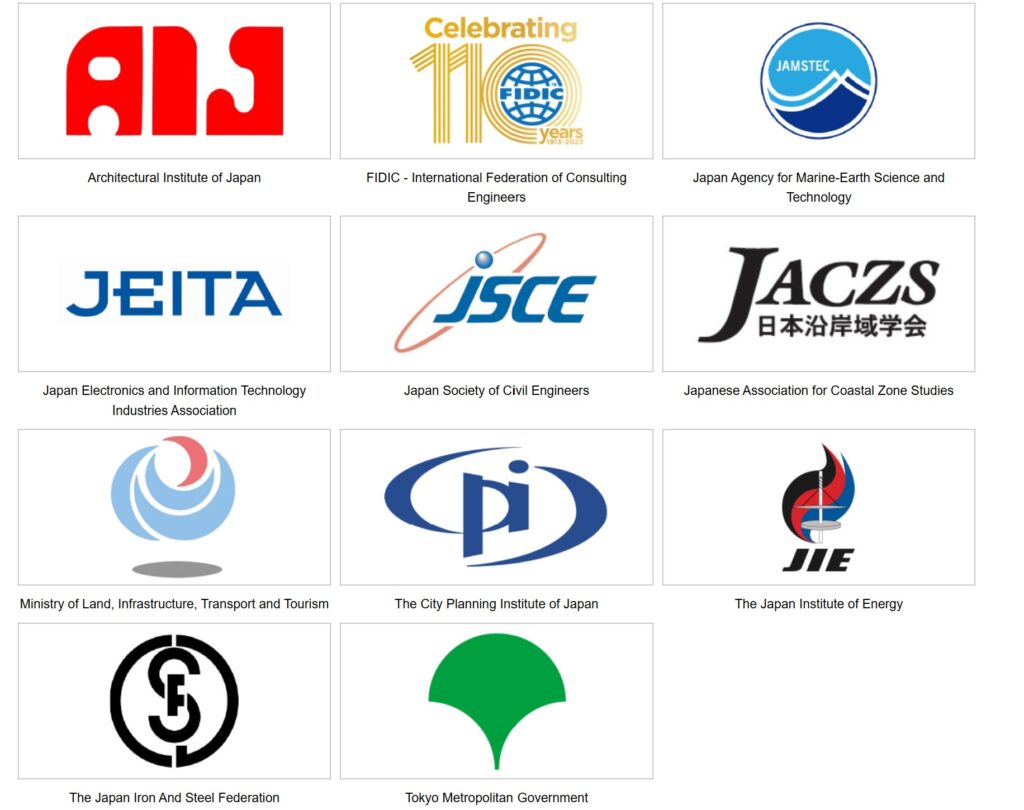
Key dates
| Contents | Key Dates |
|---|---|
| Abstract Submission Starts | 1st December, 2022 |
| Deadline for Abstract Submission | 27th January, 2023 |
| Notification of Abstract Acceptance | 1st February, 2023 |
| Full Paper for Review Submission Starts | 2nd February, 2023 |
| Deadline for Full Paper for Review Submission | 10th April, 2023 |
| Registration Starts ・Early Bird Registration ・Standard Registration ・Late Registration | 18th April, 2023 – 26th June, 2023 27th June, 2023 – 7th August, 2023 8th August, 2023 – 29th August, 2023 |
| Notification of Full Paper for Review Acceptance Revised Paper Submission Starts | 8th May, 2023 |
| Deadline for Revised Paper Submission | 23rd May, 2023 |
| Registration Closes | 29th August, 2023 |
| WCFS2023 Japan | 28th-29th August, 2023 |
